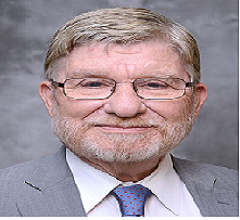
Biography
Biography: Rabi Sulayman
Abstract
Diagnostic errors are a leading cause of mortality and morbidity, accounting for about 80,000 patient deaths per year; yet they continue to be absent from the quality and patient safety initiatives which are implemented in most hospitals. This is because they are difficult to count, report and prevent, as they are cognitive errors, not process errors. Current strategies to improve patient safety such as diagnostic tools, best practice pathways and patient care team modeling have not prevented diagnostic errors. Cognitive activities are driven by knowledge or competence and performance or behavior of members of the health care team. Acquisition of knowledge has not been an issue. The application of this knowledge or critical thinking, however, appears to be the major reason why diagnostic errors are committed. Teaching critical thinking, at present, is not part of any curriculum and while critical thinking skills are acquired over time, very little effort is spent on sharpening those skills. We argue that the routine use of protocols in patient management, where the protocols are used as a rule, not as a tool, have further contributed to the erosion of the physician’s critical thinking skills. Analysis of the behavior of members of the health care team suggests that they are likely to spend less time at the bedside and more time utilizing the computer. We recommend that diagnostic errors be included in the quality and safety equation, be counted and reported, that critical thinking be introduced into the curriculum of medical students and residents that exercises to sharpen critical thinking skills become the norm in resident training (as opposed to lectures) and that a standardized module be developed to prevent further diagnostic errors.

